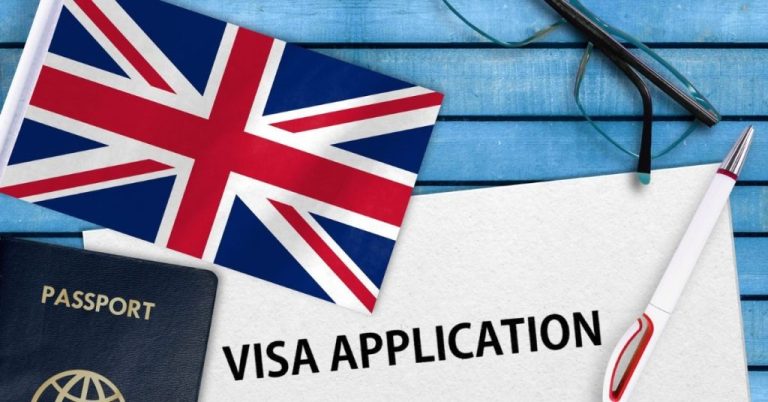The United Kingdom has announced stricter English language rules for immigrants applying through several visa categories, raising the minimum requirement from intermediate to advanced level as part of a wider reform of the country’s immigration system.
Under the new policy, applicants for Skilled Worker, High Potential Individual (HPI), and Scale-Up visas will now be required to demonstrate B2-level English proficiency, equivalent to A-Level standard. This replaces the previous B1 requirement and applies to all four skills — speaking, listening, reading, and writing.
The Home Office says the change is aimed at ensuring migrants are able to integrate more effectively into British society and contribute productively to the workforce.
“This government believes that anyone coming to the UK to work or settle should be able to communicate clearly, understand their colleagues, and fully participate in our communities,” a Home Office spokesperson said.
The new rules will come into effect on January 8, 2026, giving prospective applicants time to meet the higher standards. English language tests must be taken through approved examination centres, and results will be verified during the visa process.
Officials argue that the measure will help employers and public services by improving communication and workplace efficiency, while critics say the move could limit opportunities for skilled workers from non-English-speaking countries.
The English proficiency reform is part of a broader tightening of immigration rules, which also includes changes to graduate visas and settlement eligibility. The government says these reforms are designed to make immigration “fairer, more selective, and better aligned with national priorities.”

